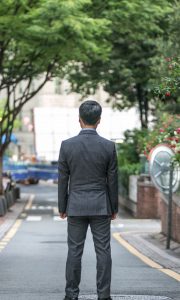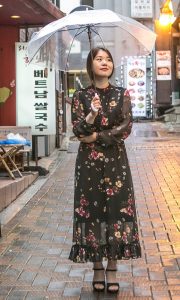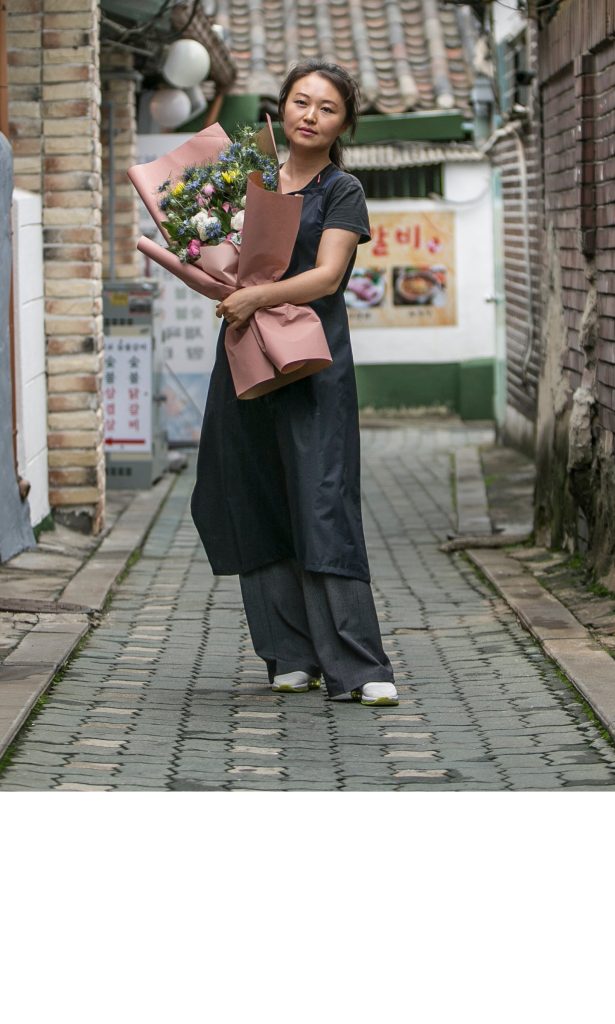Defectors in Japan sue North Korea for millions over rights abuses
Five North Korean defectors in Japan filed a suit in Tokyo demanding Pyongyang pay ¥500 million [4.5 Million US Dollars] in damages over its alleged human rights abuses.
The suit was filed with Tokyo District Court and was the first legal action against the North Korean government by defectors, according to the plaintiffs’ lawyers.
The five claimed that North Korea asked Koreans living in Japan to return between 1959 and 1984 when the country advertised repeatedly through the pro-Pyongyang General Association of Korean Residents in Japan (Chongryon) that it was a “heaven on earth” where things such as clothing, food and shelter were secure.
The plaintiffs said they returned to North Korea between 1960 and 1972, but they were forced to live under harsh conditions including not being able to get food. They claim that North Korea committed an act of state-sponsored kidnapping by deceiving victims. They also said that their right to see their families in North Korea had been violated.
[Japan Times]

 I didn’t know if I could get into one of these big companies, but I had this conviction, so I studied very hard, and opportunities arose like visiting the United States with an entrepreneurship foundation, where I went to New York and Boston, and I even visited Harvard.
I didn’t know if I could get into one of these big companies, but I had this conviction, so I studied very hard, and opportunities arose like visiting the United States with an entrepreneurship foundation, where I went to New York and Boston, and I even visited Harvard. The biggest motivation for me behind writing poetry was missing my sister so much. I was so full of hurt, I was overflowing with hurt, and I had to let it out onto the page. It was a whole new world to me. I felt like each cell in my body was coming to life.
The biggest motivation for me behind writing poetry was missing my sister so much. I was so full of hurt, I was overflowing with hurt, and I had to let it out onto the page. It was a whole new world to me. I felt like each cell in my body was coming to life.